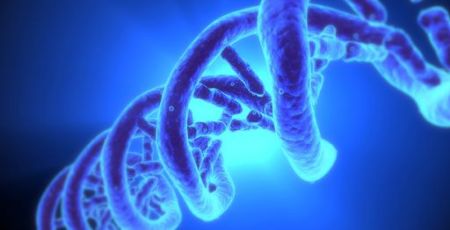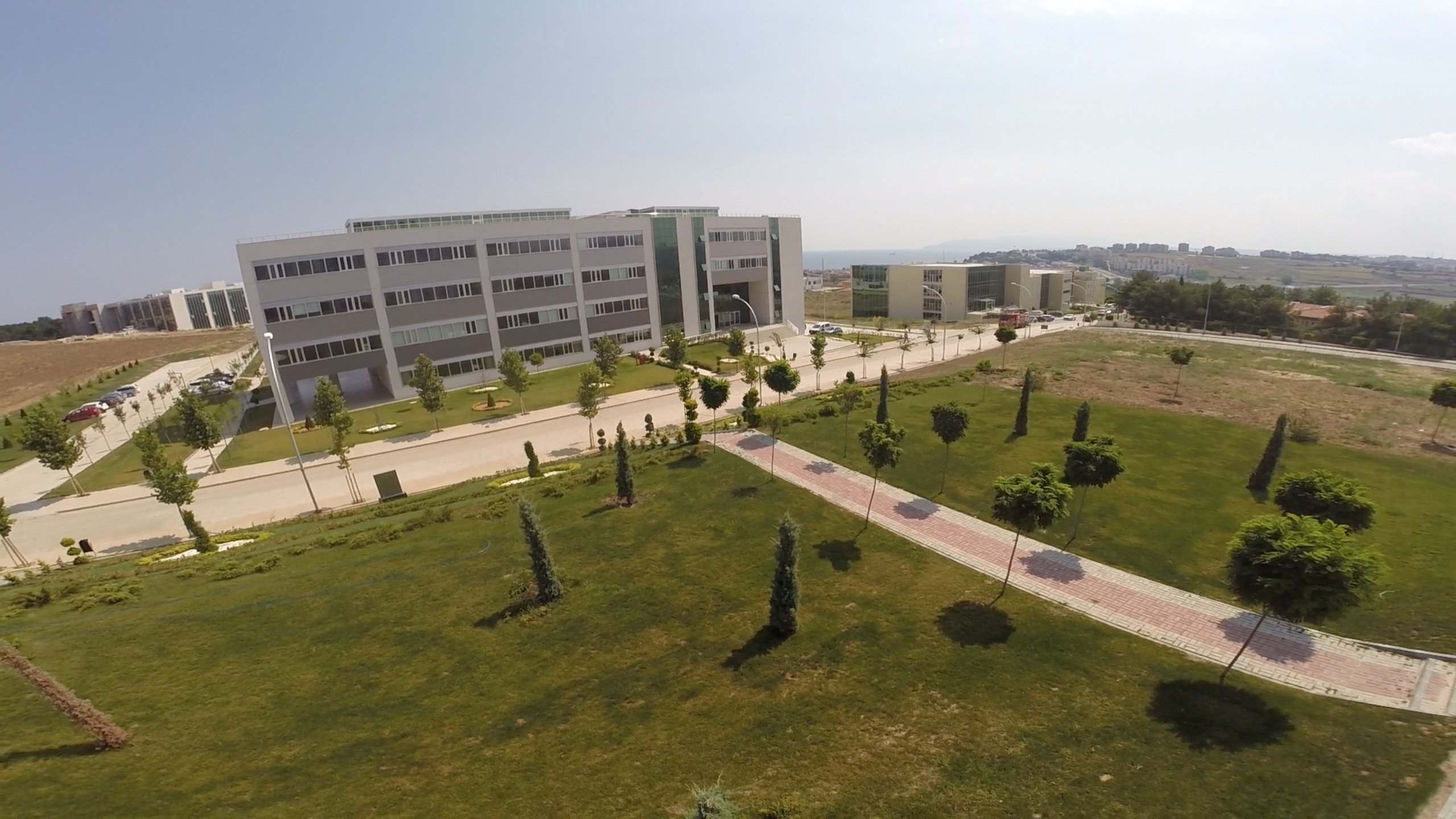











Department of Physics
Within Physics graduate program, in the Thin Film and Solid-State Electronics Laboratories, graduate studies are mainly focused on organic solar cell synthesis and characterization, production and electrical characterization of hybrid heterojunctions, semiconductor synthesis, and characterization. These laboratories are founded in the TNKÜ Physics Department and thin films produced with chemical spray method. Detailed electrical and optical characterization can also be done for the grown thin films.
In the department theoretical researches are conducted in the field of nuclear physics. The research program focuses on relativistic nuclear theories and their nuclear structure applications. Especially Walecka type models with nonlinear interactions are considered. There are materials and programs required for theoretical background and computer calculations in this area.
Optics researches in the department focus on developing techniques for imaging as well as optical metrology solutions for biomedical and industrial use. An optical research laboratory was established in 2015 with the support of TUBITAK to carry out and develop these studies. Master and doctoral thesis studies on biomedical optical measurement are carried out in the optical research laboratory.
Gravitation and Cosmology group in TNKU Physics Department works on black holes in the cosmological background and cylindrically symmetric spacetimes. We also focus on the higher dimensional geometries of spacetimes and alternative theories of gravity. Using computer programs, we aim to construct analytical solutions of field equations. Studying on cosmological black holes provide us to obtain a more realistic model for the large-scale structure of the universe.
In the Computational Condensed Matter Research (CCMP) group, structural, electronic, lattice dynamical, and transport properties of various novel semiconductor and metallic materials are studied within the first principles (ab initio) methods. Phenomena such as thermoelectricity, superconductivity, and magnetism are investigated in detail using state-of-art quantum mechanical methods.